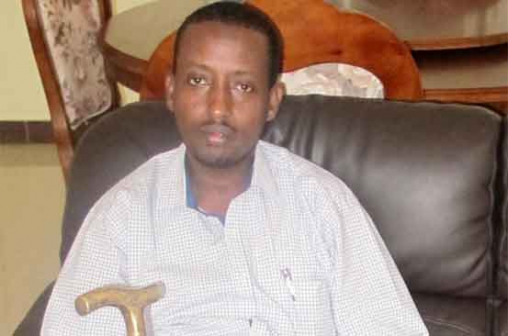×
The Standard e-Paper
Fearless, Trusted News

A doctor who led a team of medical volunteers to combat the Chikungunya outbreak in Mandera has been taken ill.
Mahmud Mohamed is showing symptoms of the tropical fever and is being treated in Mombasa.